I applied to be seconded to the BU Dementia Institute, with the objective of raising the profile of the Institute on an international stage. This activity builds on my current role as chair of the HSC International Strategy Group. The Fusion Fund award was granted to enable me to be released from some of my work commitment within HSC to spend two days per week with BUDI over a period of six months. Contributing to the Fusion Strand ‘Mental health and wellbeing across the lifespan’ the intention was to proactively seek academic and research collaboration with colleagues overseas.
Serendipity?
The intended strategy for this undertaking was to identify overseas areas where there was an opportunity for such collaboration to take place. This would be achieved by undertaking a targeted literature review of existing research centres. An initial reading of primary literature identified that dementia is a growing concern in China. At this time, through my role as a member of BU’s International Task Force, I was aware of a delegation visiting Beijing. A leading light in gerontology, Professor Du Peng, who I had identified through my reading, is Professor of Psychology at Renmin University in Beijing. A small flurry of email exchanges resulted in Dr Biao Zeng from BU’s Psychology department being able to meet with Professor Du, paving the way for a visit to take place later in the year.
I also, with the aid of Professor Anthea Innes, identified Professor Timothy Kwok, of the Jockey Club Centre for Positive Ageing (JCCPA) as a potential collaborator. Timothy and Anthea have previously explored comparative research opportunities. The JCCPA is located in Hong Kong; I could have a ‘free’ stop over with my chosen airline, thereby maximizing the funding. Initial email exchanges with Prof Kwok resulted in an agreement to meet during my trip.The meetings were scheduled for the week beginning September 9th. In the meantime I was introduced to Prof Junqi Yan, who was able to arrange for me to visit a neuro-rehabilitation centre in Beijing, thus adding another opportunity to the visit.
Visit to Renmin University, Beijing.
Situated in the North of Beijing, Renmin University, (formerly the People’s University of China) is a high-ranking educational establishment and is branded as China’s flagship for Social Sciences and Humanities education.
Students relax on campus
Views of Freshers’ Week
On a bright, warm Monday morning Biao Zeng and I met with Prof Du, Prof James Sun, Chair of the Department of Psychology and Associate Dean of the School of Sciences and also Pro Hu Ping who is Associate Dean in the Department of Psychology. Besides his role as head of Population Studies focusing on Gerontology, Professor Du is also Director of Academic research for the entire university.
L-R Prof Sun, Prof Du, Prof Hu, Dr. Rick Fisher, Dr. Biao Zeng
We had a very positive meeting in which we discussed a number of opportunities. Prof Du and I discussed possibilities of a bid to a recently announced ESRC call for collaborative research between China and the EU. He is also in the process of setting up a multidisciplinary centre for the study of ageing and has a sociology/social policy background. Prof Du also demonstrated a project, funded by Samsung, in which it is possible to simulate the difficulties older people and those with a physical disability experience as a result of poor building design. This project appears to have some parallels with research being conducted at BUDI.
Prof Sun, who is also Deputy Director of Leadership Studies, is very positive about collaborative ventures. He is keen to foster PhD studentships and a variety of models of faculty exchange. Our meeting was followed by what Prof Sun described as a ‘simple’ lunch, served in the university private dining room, with exquisite presentation.
In all, this was a very positive visit and I am developing a proposal to maintain the keen interest shown in the ESRC bid.
Visit to Beijing United Family Rehabilitation Hospital
On the following day I met with Prof Yan and three of his PhD students. We discussed some of their research projects, which included a study into the pressures and health risks being experienced by the fledgling middle management in China’s burgeoning industrial landscape. We travelled through (very slow) Beijing traffic to visit the newly-established Beijing United Family Rehabilitation Hospital. Privately funded and catering for Beijing’s upper strata, this is dedicated to the rehabilitation of those who have neurological impairment. We were met by Dr Jason Zhou, Assistant Chief Medical Officer and Director of Neuro-rehabilitation. Dr Zhou was enthusiastic about the excellent facilities in the hospital which include hydrotherapy and hyperbaric oxygen therapy and he is keen to explore collaborative opportunities for both research and education.
Beijing United Family Rehabilitation Hospital.
Dr Jason Zhu (left) and Prof Junqi Yan next to the hydrotherapy pool.
The Hong Kong Jockey Club Centre for Positive Ageing
The following day was spent travelling to Hong Kong. Here I was to meet Professor Timothy Kwok. Besides his work as Director of the Jockey Club Centre for Positive Ageing he is Professor in Medicine and Therapeutics at the Chinese University of Hong Kong. His primary research interests centre around the prevention of cognitive decline in elderly people. On arrival I was shown around the Centre by Research Officer, Bel Wong Pui Sze . The centre is arranged over three floors with good access for wheelchair users throughout. It comprises two levels of day centres; people attend according to the degree of their dementia. There is also a residential facility offering respite care. A major feature of the Centre is in the ways in which it seeks to support those with dementia and those who care for them at home. These include a variety of literature, short courses and a telephone support line. It also aims to raise awareness of dementia within the general public of Hong Kong.
With Prof Timothy Kwok, at the Jockey Club Centre for Positive Ageing
Respite room at the Jockey Club Centre for Positive Ageing
Prof Kwok has numerous interests focused on elderly care and dementia. We had positive discussions regarding a number of ventures and he expressed considerable interest in collaborating on a Chinese language version of the Dementia Educational Game being developed with Fusion Investment Fund monies, by myself, Dr Christos Gatzidis (DEC) and Jonathan Ferraris.
Goodnight to Hong Kong
In all, this was a positive experience that has the potential to deliver collaboration across both China and Hong Kong. The next step is to translate some of this bonhomie into measurable outputs.
I would like to thank the BU Fusion Investment Fund for giving me the opportunity to undertake this venture.
rfisher@bournemouth.ac.uk
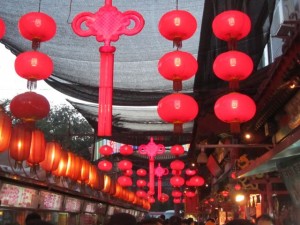
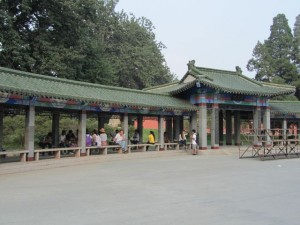
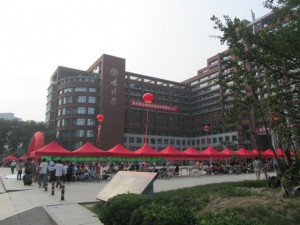
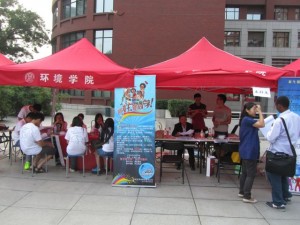

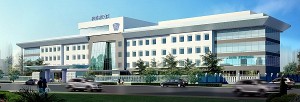
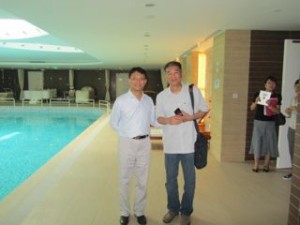
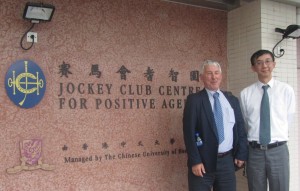
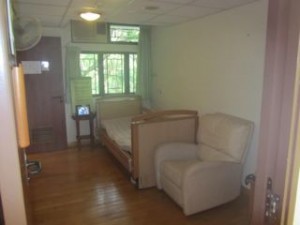

 Just published! A chapter entitled, ‘Turning Research into Film’, by Kip Jones and Trevor Hearing has just been published in Sage’s
Just published! A chapter entitled, ‘Turning Research into Film’, by Kip Jones and Trevor Hearing has just been published in Sage’s 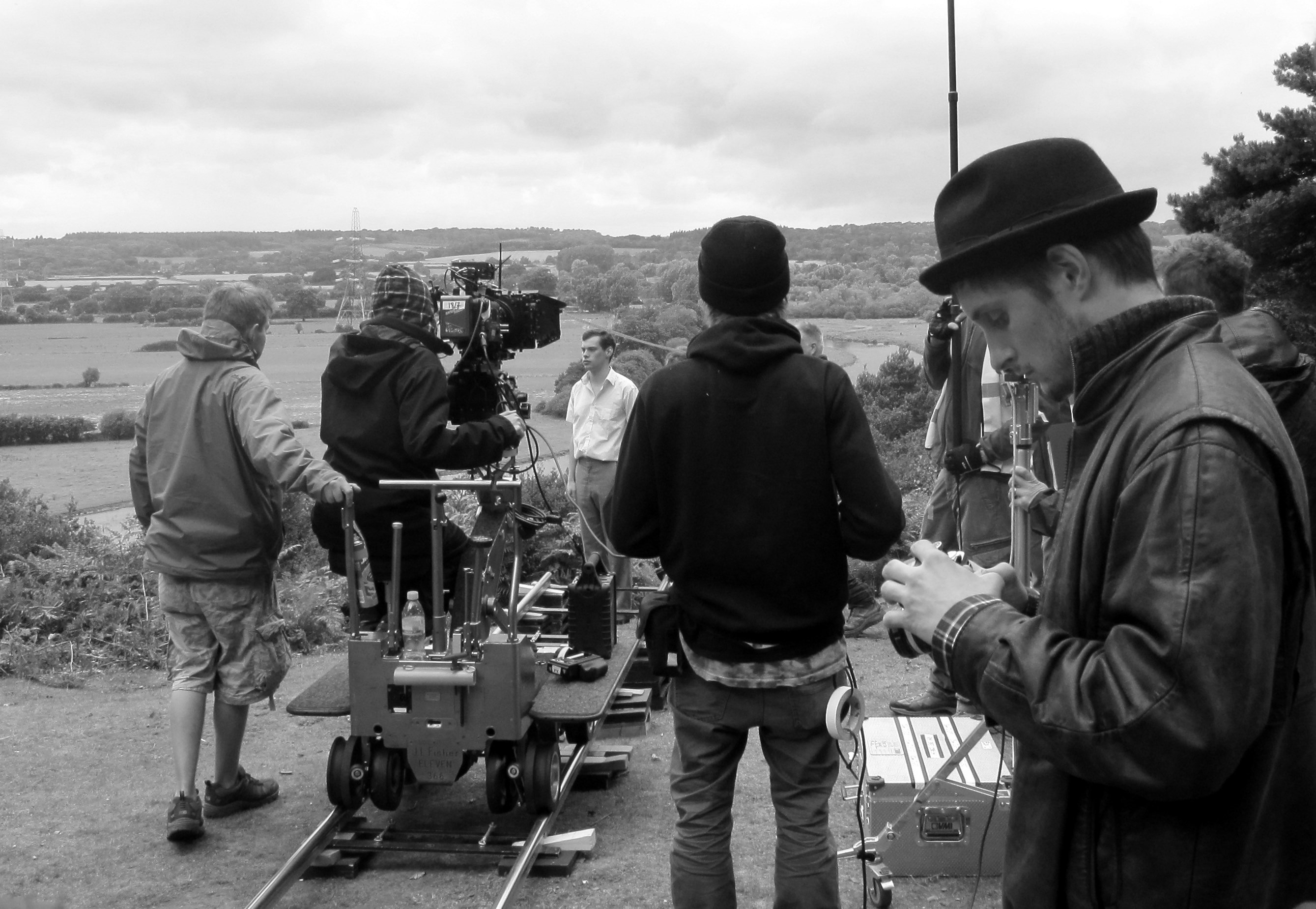





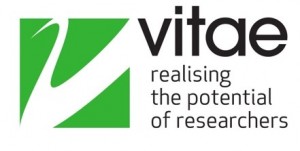

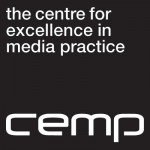
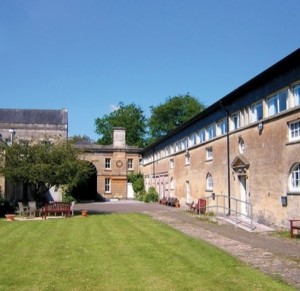
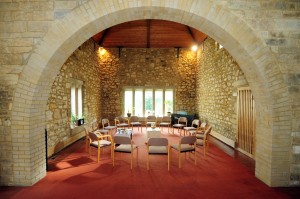

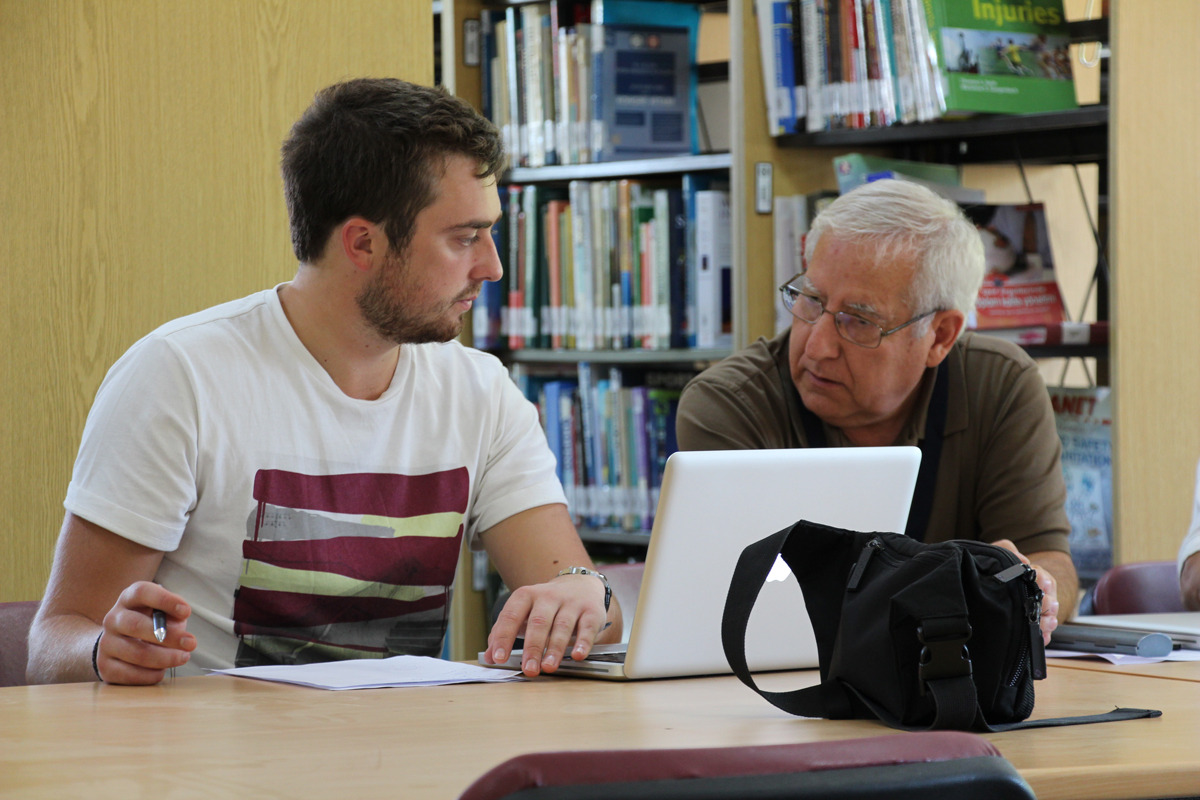
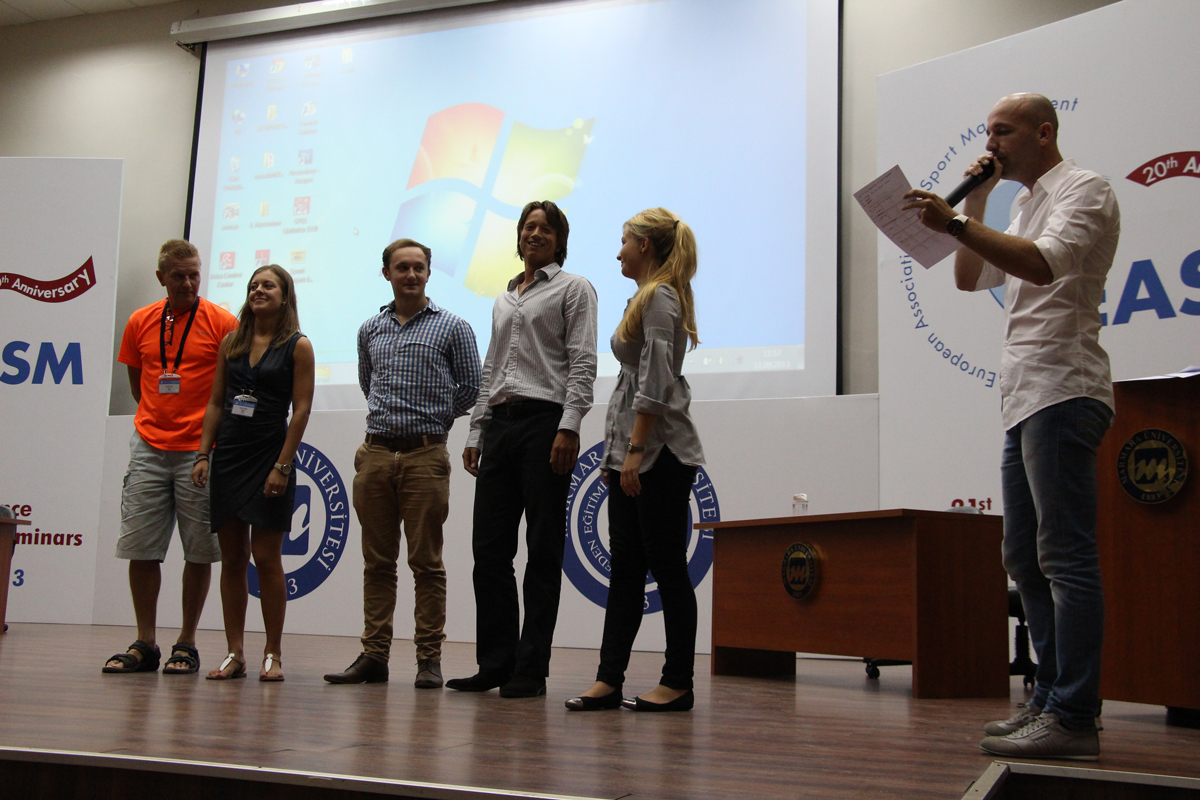
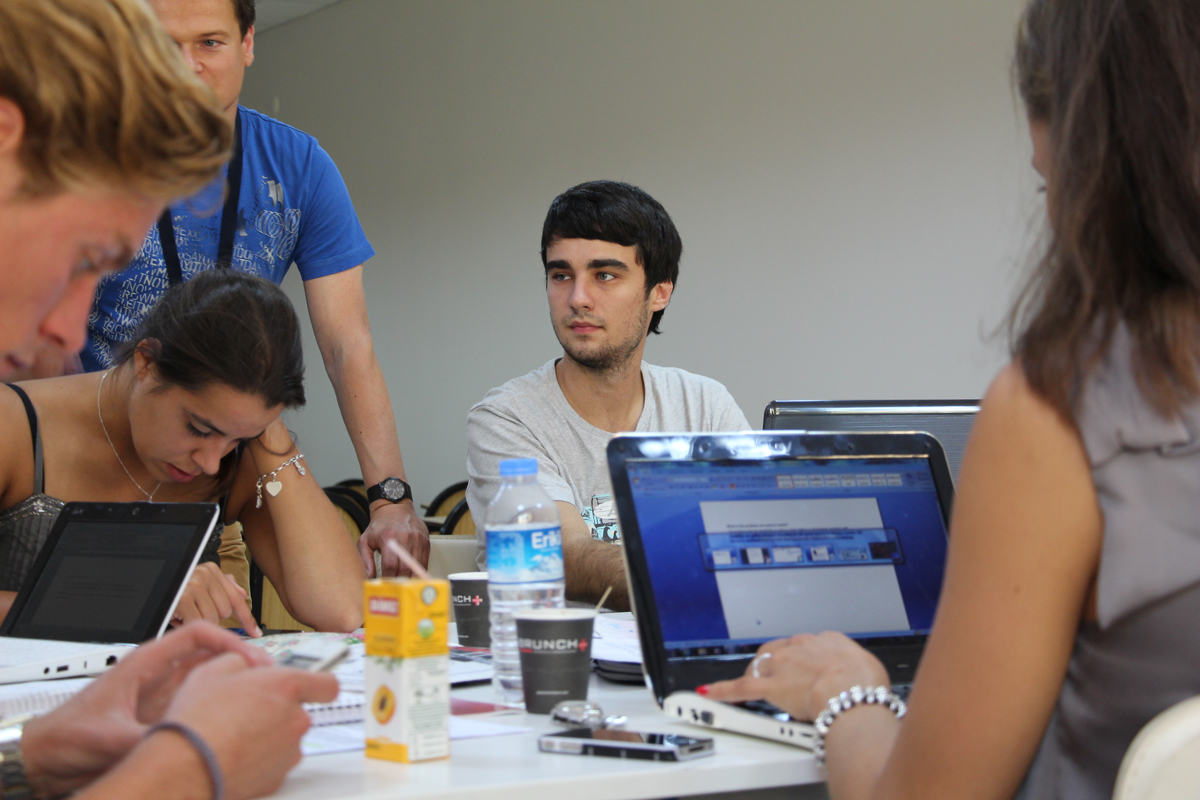
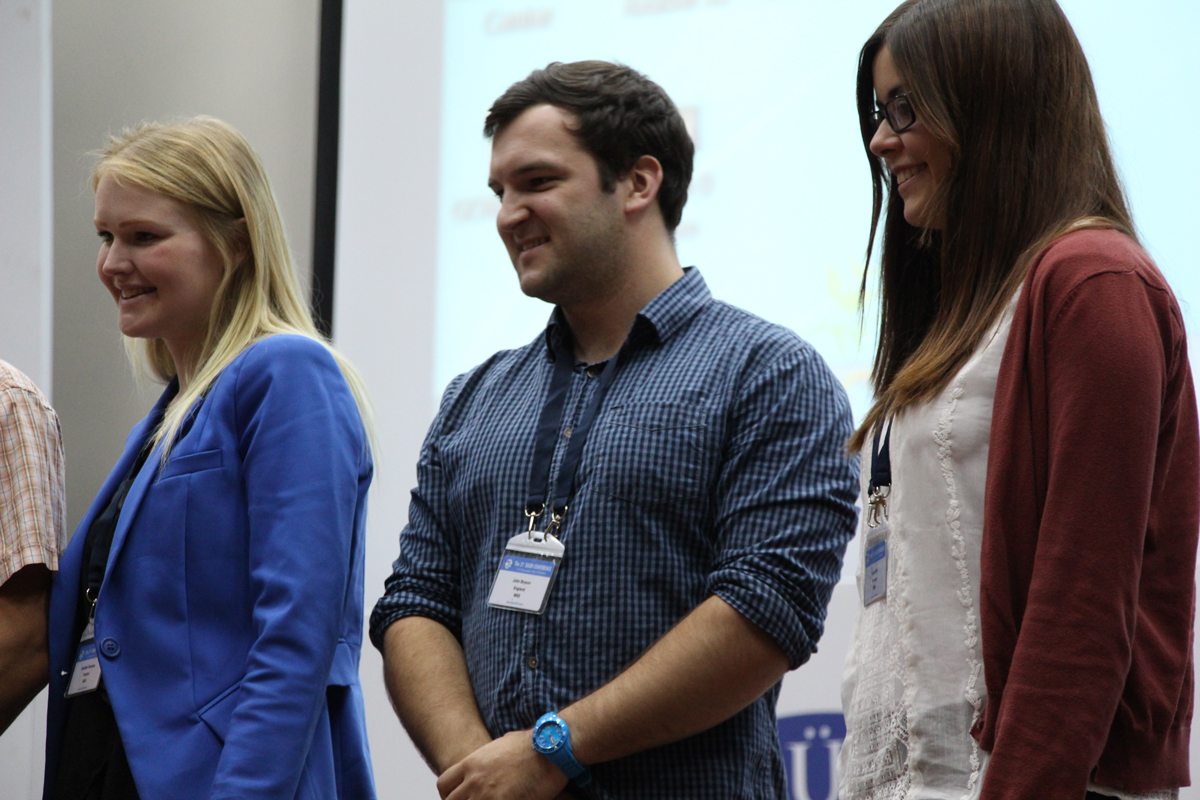
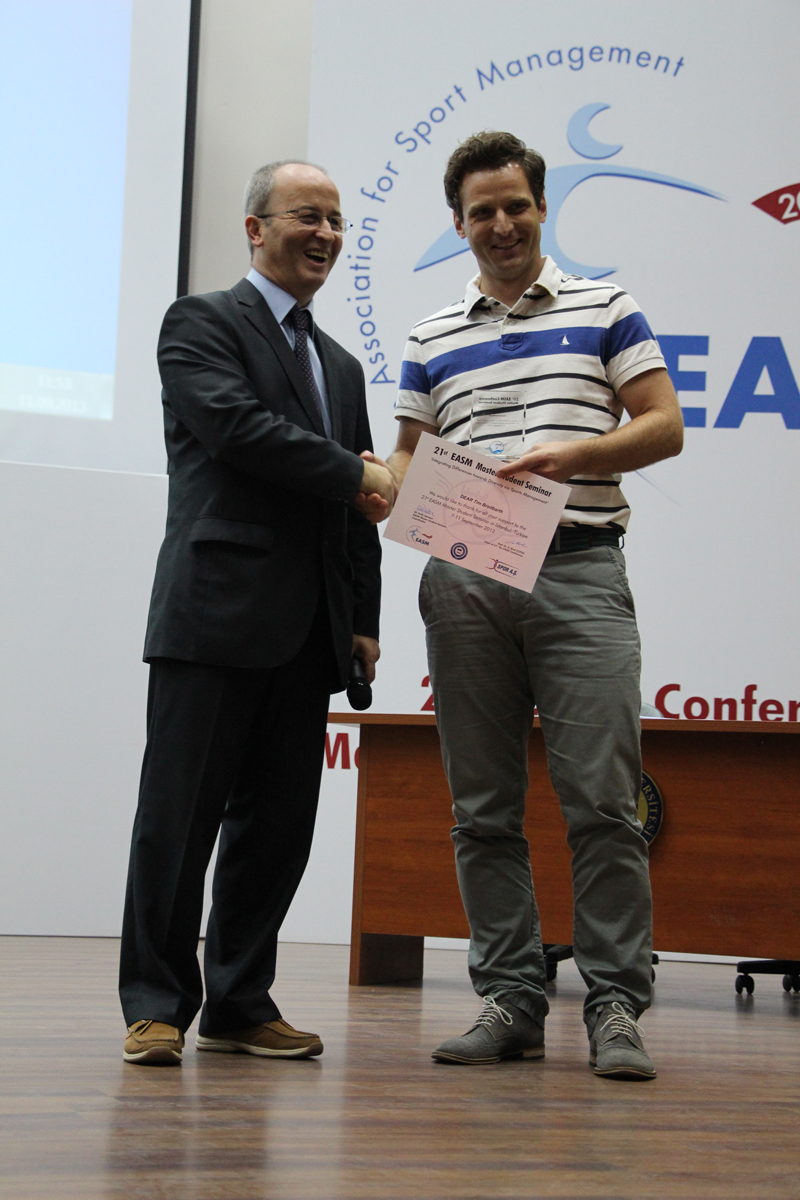
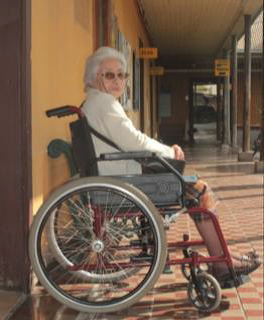














 Read and sign up to BU’s Policy Influence Digest
Read and sign up to BU’s Policy Influence Digest Upcoming opportunities for PGRs – collaborate externally
Upcoming opportunities for PGRs – collaborate externally BU involved in new MRF dissemination grant
BU involved in new MRF dissemination grant New COVID-19 publication
New COVID-19 publication MSCA Postdoctoral Fellowships 2024
MSCA Postdoctoral Fellowships 2024 Horizon Europe News – December 2023
Horizon Europe News – December 2023